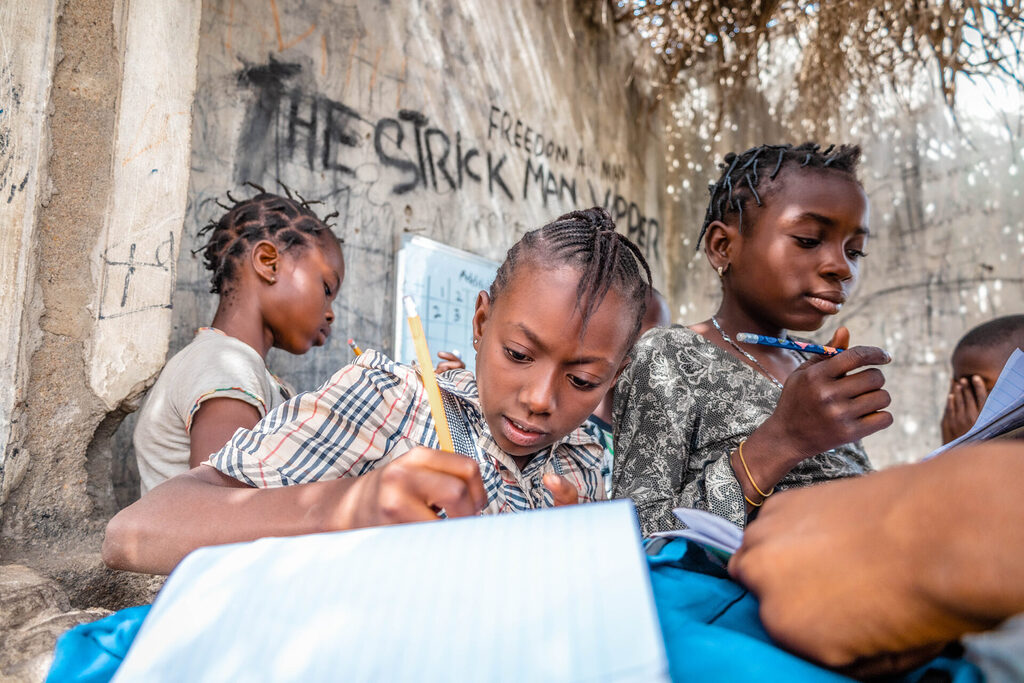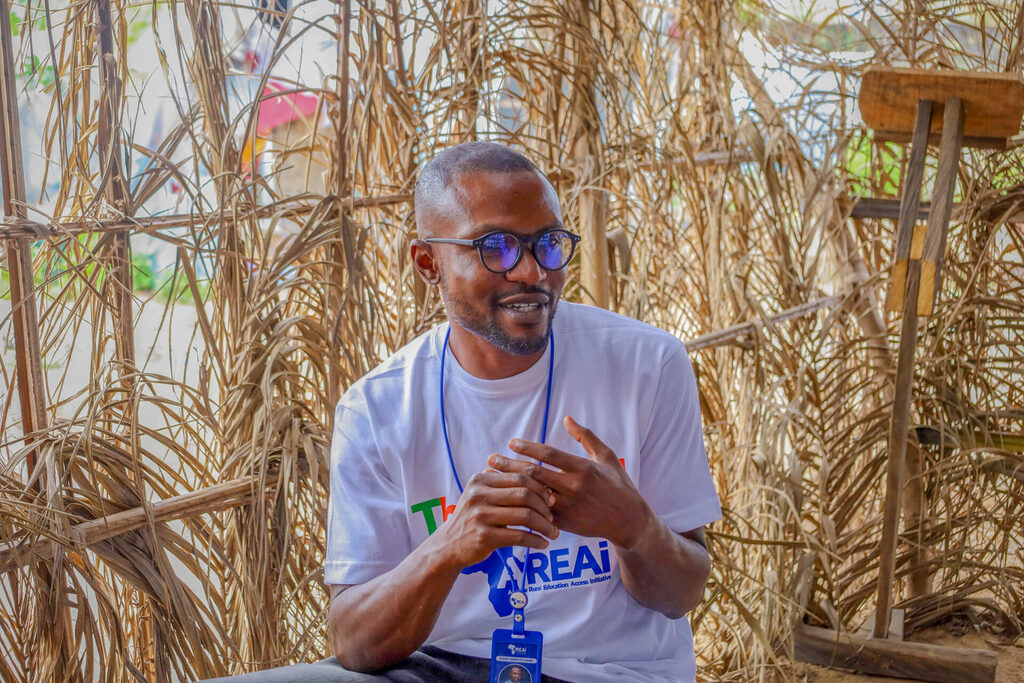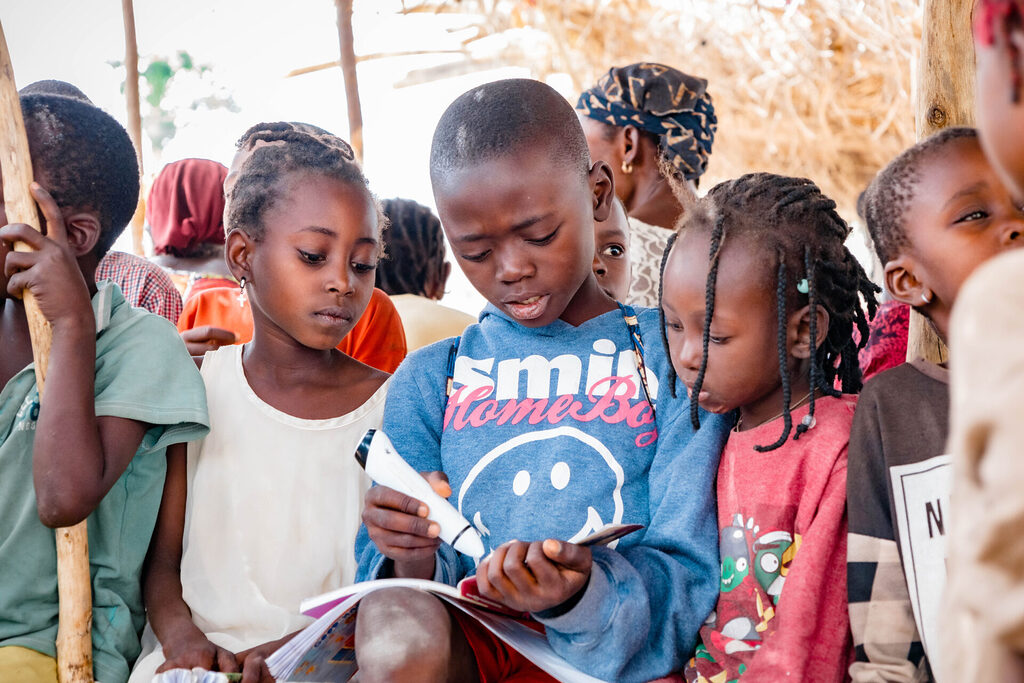
Education as a Lifeline: Navigating Crisis with Resilience and Innovation
In the tapestry of human experience, few threads are as vital as education. It’s the compass that guides us, the key that unlocks doors, and the foundation upon which we build our dreams. Yet, when crisis strikes, the very fabric of education is often torn asunder, leaving millions of learners adrift in a sea of uncertainty. From natural disasters to conflict zones to global pandemics, disruptions to schooling can have profound and far-reaching consequences. However, amidst the chaos and upheaval, there lies a glimmer of hope—a lifeline forged from resilience, innovation, and the unwavering belief in the transformative power of education.
Consider the story of Fatima, a young girl living in a refugee camp on the outskirts of a war-torn city. With her school reduced to rubble and her teachers scattered, Fatima’s dreams of education seemed all but lost. Yet, through the efforts of dedicated educators and humanitarian organisations, she found a lifeline woven from the threads of innovation and compassion.

In the face of adversity, education becomes more than just a classroom—it becomes a sanctuary, a refuge, and a beacon of hope. According to UNESCO, an estimated 1.5 billion learners across 165 countries were affected by school closures during the COVID-19 pandemic. However, amidst the disruption, educators and policymakers mobilised with unprecedented speed and ingenuity to ensure that learning never stopped.
Technology emerged as a powerful ally, offering new avenues for continuity in the face of crisis. Technology-enabled education has become a lifeline for learners worldwide, from virtual classrooms to online resources to interactive learning platforms. According to UNICEF, mobile technology has the potential to reach even the most marginalised communities, offering a lifeline to children who would otherwise be left behind.

But technology alone is not enough. To ensure continuity amidst disruption, we must adopt a holistic approach that addresses the multifaceted challenges facing learners in crisis-affected areas. This means investing in infrastructure, expanding access to digital resources, and providing training and support for educators and students.
Moreover, it means fostering partnerships and collaborations between governments, non-governmental organisations, and local communities, collaborating to co-create sustainable solutions that prioritise equity, inclusivity, and empowerment. It means recognising that education is not just a privilege—it’s a fundamental human right that must be protected and preserved, even in the darkest times.
As we navigate the uncertainties of the 21st century, let us remember that education is more than just a lifeline—it’s a lifeline for humanity. It’s the promise of a better tomorrow, the resilience to overcome adversity, and the belief that we can always find a way forward, no matter how dire the circumstances.
In the opus of crisis and resilience, education is a testament to humanity’s indomitable spirit. Let us heed its call and, together, build a future where every child has the opportunity to learn, grow, and thrive—no matter what challenges lie ahead.
References:
UNESCO. (2020). Education: From disruption to recovery. Retrieved from https://en.unesco.org/covid19/educationresponse
UNICEF. (2020). COVID-19 and children: A UNICEF data snapshot. Retrieved from https://data.unicef.org/resources/rapid-assessment-of-learning-recovery-policies-and-programs-in-the-context-of-covid-19/
Written By: Michael Abdullahi
Chief Development Officer, AREAi.